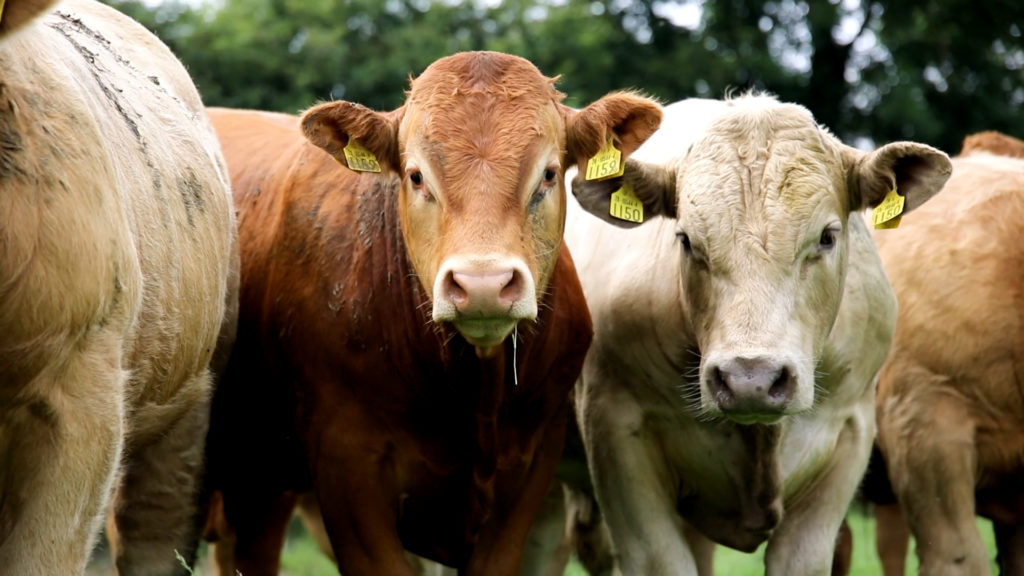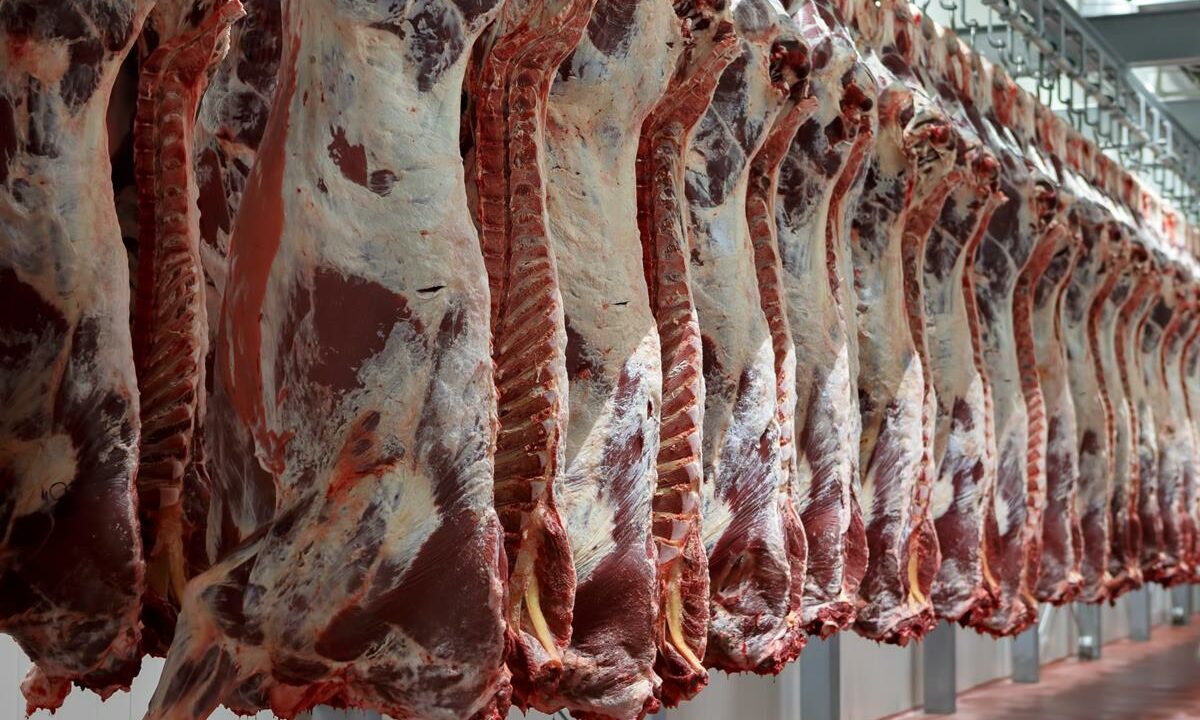After five consecutive weeks of throughput increases in beef processing facilities approved by the Department of Agriculture, Food and the Marine (DAFM), last week’s beef kill witnessed an overall drop of over 600 head when compared to the previous week’s figures.
Despite speculation from factory agents and cattle buyers of throughput increasing last week as a result of the prolonged hot, dry weather, last week’s kill figures have instead fallen by 607 head.
Increases were noted in the young bull, bull and steer categories, while a significant drop was observed in the number of cows presented at DAFM-approved factories for slaughter and a small drop was noted in the heifer categories.
These figures reflect the number of cattle slaughtered at plants approved by DAFM and do not factor in cattle that are processed in local authority-approved slaughter plants (abattoirs).
Weekly beef kill changes (last week versus previous week)
- Young bulls: 2,147 head (+100 head);
- Bulls: 646 head (+102 head);
- Steers: 14,115 head (+118 head);
- Cows: 7,381 head (-895 head);
- Heifers: 8,650 head (-59 head);
- Total: 32,994 head [incl. veal] (-607 head).
Analysis of last week’s kill shows that the cumulative beef kill for this year is now almost 69,500 head of cattle behind this time last year.
Rising price trend now flattening
After a few glorious weeks of high temperatures, sun shining and beef rising in price, this week’s factory quotes would indicate the rising price trend is beginning to flatten off.
While demand remains strong for Irish beef, factories, for the second week running, have held quotes for beef at the same level as last week.
Here’s how this week’s quotes are looking:
Heifers and steers
To begin with, looking at heifers, the general run of quotes across the board seems to be a base price of €4.30/kg. Some factories are putting forward quotes of €4.25/kg base but make up for the difference with a further in-spec carcass bonus of up to 10c/kg.
Meanwhile, steers appear to be coming in at €4.25/kg on the grid. Again, some factories are putting forward base quotes that are 5c/kg shy of this (€4.20/kg) but have additional bonus systems bringing price up to matching and surpassing the €4.25/kg mark – for in-spec beef cattle.
Quality Assured (QA) cattle receive an additional 20c/kg bonus if they grade above an ‘O-‘ and are a ‘2+’ or above in flesh, but not over a 4= in flesh.
Many farmers have pulled well-fleshed heifers from groups of cattle on grass for the factory and farmers have told Agriland, cattle are grading surprisingly well.
Bullocks, especially continentals, tend to stay lean for a while longer and farmers who are feeding bullocks meal out on grass are currently getting away well when presenting well-fleshed bullocks for slaughter, as factory quotes remain strong.
Cows
On the cow price-front this week, there appears to be more evidence of mixed messaging.
Most factories have held cow quotes for the week ahead, however, some factories – that are less keen on securing cows this week – have cited quotes 5c/kg short of last week’s prices.

Generally speaking, cow quotes to farmers are coming in at flat prices of €3.50 for P-grade cows, €3.60 for O-grades, €3.80 for R-grade cows and €3.90/€4.00 for good U-grading cows – with some factories beginning negotiations with farmers at 5c/kg below these quotes.
Again, there is still scope for negotiation on cow price – especially where a number of well-fleshed beef cows are available for slaughter.
Bulls
Finally, under-16 month bulls are being quoted at approximately €4.20/kg on the grid this week, with under-24 month bulls coming in at flat prices of €4/kg for P-grade bulls, €4.10 for O-grades, €4.20 for R-grades and €4.30 for U-grade bulls.
While factory quotes may have stopped increasing for now, generally speaking, most farmers will be pleasantly surprised with the cheque for their beef cattle this year.
A steady base price for a prolonged period is preferable to most farmers than a further rise and then a sharp drop later on in the year.
